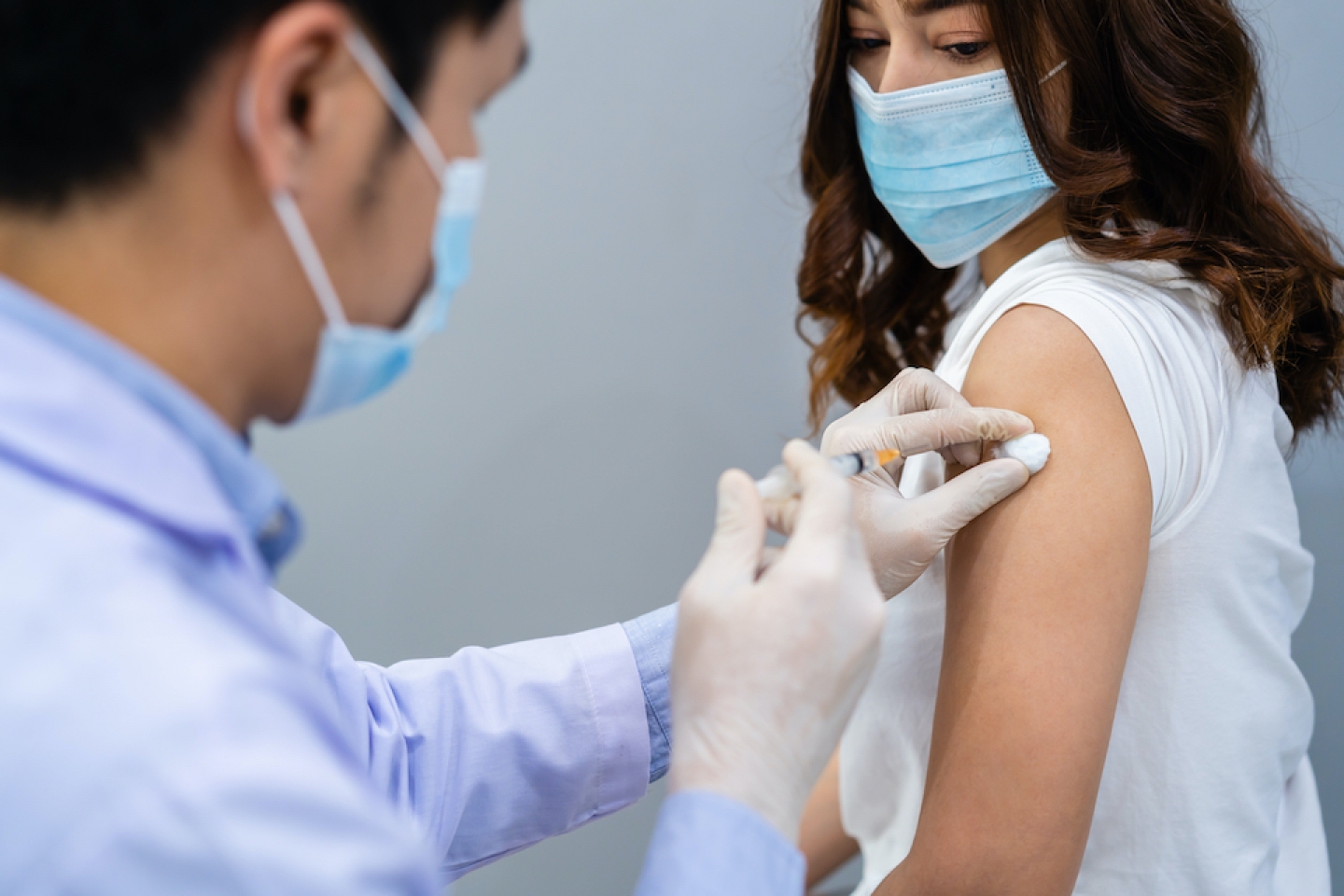
Following reports of patients experiencing severe allergic reactions after receiving the COVID-19 vaccine, the Centers for Disease Control and Prevention (CDC) has updated its guidance concerning patients with allergies, and allergic reactions to the vaccines.
Even people with a history of severe allergic reactions not related to vaccines or injectable medications (including food, pet, venom, environmental, or latex allergies), should be vaccinated, the guidelines say, as should those with “a history of allergies to oral medications or a family history of severe allergic reactions.”
The vast majority of people—even those with a history of allergies—can receive the vaccine safely, says infectious disease expert Kristen Marks, MD, associate professor of medicine-Weill Cornell Medical College, Cornell University.
“Until we have more information, those with a history of a severe allergic reaction like anaphylaxis to any vaccine to any vaccine or injectable medicine should be cautious about getting the vaccine,” Dr. Marks explains. “If that applies to you, discuss with your provider to decide how to proceed.”
The CDC advised that patients who are allergic to a substance called polyethylene glycol (PEG), or a related substance called polysorbate, not get the COVID-19 vaccine: “Polysorbate is not an ingredient in either mRNA COVID-19 vaccine but is closely related to PEG, which is in the vaccines.”
In addition, the CDC recommends that providers observe all patients should be observed for 15 to 30 minutes after they receive the vaccine, and have emergency medicines and equipment on hand to rapidly manage allergic reactions.
If a patient experiences an allergic reaction to the vaccine, the provider will send a report to the Vaccine Adverse Event Reporting System (VAERS), a national system that compiles reports about vaccine reactions from healthcare professionals, vaccine manufacturers, and the public.
Subscribe to our mailing list to stay up to date on all the latest health news and important updates from Weill Cornell Medicine.